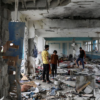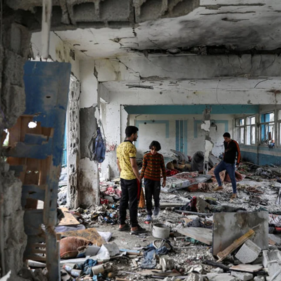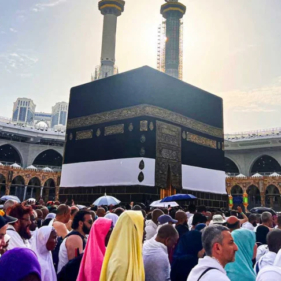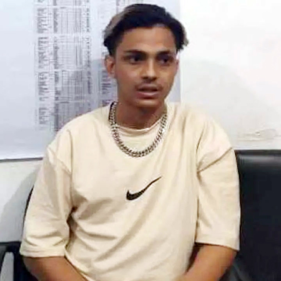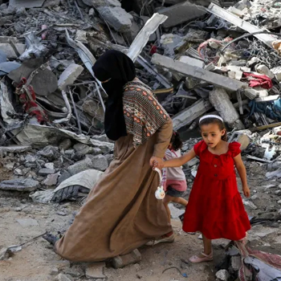The fake experts spreading rumors in Bangladesh.These opinions are regularly written by so-called experts affiliated with various prestigious universities, according to an AFP investigation. Others circulate fake comments in the name of genuine analysts, using other people’s photos
Fake information spreads before the Bangladesh elections. Munir Uz Zaman/AFP via Deutsche Welle
An investigation by AFP found that many of these authors used false identities, pictures, and names, praising the Bangladesh government’s policies
These texts are being used to spread rumors in favor of Sheikh Hasina’s government ahead of the January elections. China’s state news agency Xinhua and Washington-based Foreign Policy magazine’s South Asia Brief have published these articles.
These opinions are regularly written by so-called experts affiliated with various prestigious universities, according to an AFP investigation. Others circulate fake comments in the name of genuine analysts using other people’s photos
In September last year, Bangladesh’s foreign ministry announced a search for ‘good columnists’ to counter negative anti-government ‘propaganda’. According to AFP, Abdul Momen does not have time to comment
According to an AFP investigation, 700 articles were published last year in 60 domestic and foreign publications. There is strong support for Beijing and strong criticism of Washington in these writings that have never been published before
Despite Beijing’s strong support for Hasina, the US pressures Bangladesh to hold free and fair elections
They are not on social media and have no papers published in academic journals under the 35 articles under which they were published
The universities where nine of them work confirmed to AFP they had never heard of the names discussed.
Among the images used by the eight columnists is one of an Indian fashion influencer
A prominent author is Doreen Chowdhury, who has written 60 articles on behalf of the Hasina government praising Chinese ties with Bangladesh and criticizing gun violence.
In the Netherlands, where he is doing research, the university authorities have not found any information about Chowdhury.
However, AFP received a reply from an e-mail bearing his name saying he had used a ‘pseudonym for security reasons’. There is no information about his real identity in the e-mail, and it is unclear why he used a fake picture
AFP could not confirm several other names. It also found examples of false statements attributed to real experts.
These articles were published in good faith by some journals based on the academic credentials of the authors and other published work. Mubin S Khan, features editor of The Business Standard, trusted their credentials.
Several such opinionated articles, most of which were about Bangladesh’s relations with India, China and the United States, were sent to Nurul Kabir, editor of the New Age, another Dhaka daily. But at some point he stopped publishing them due to doubts.

